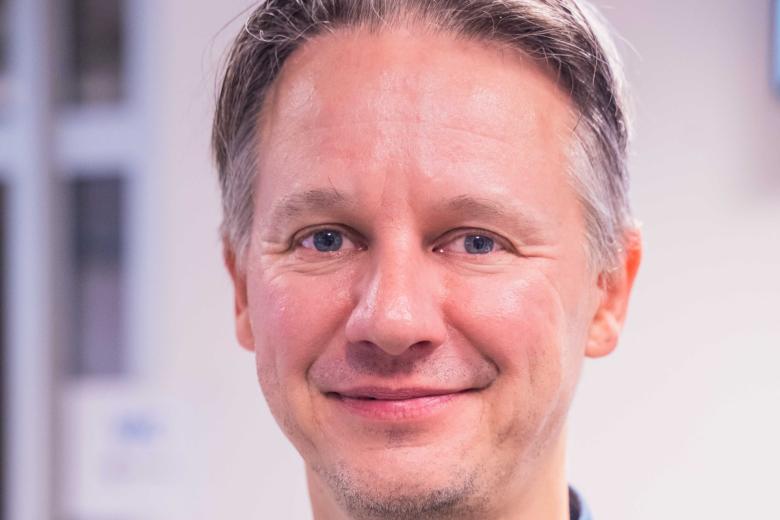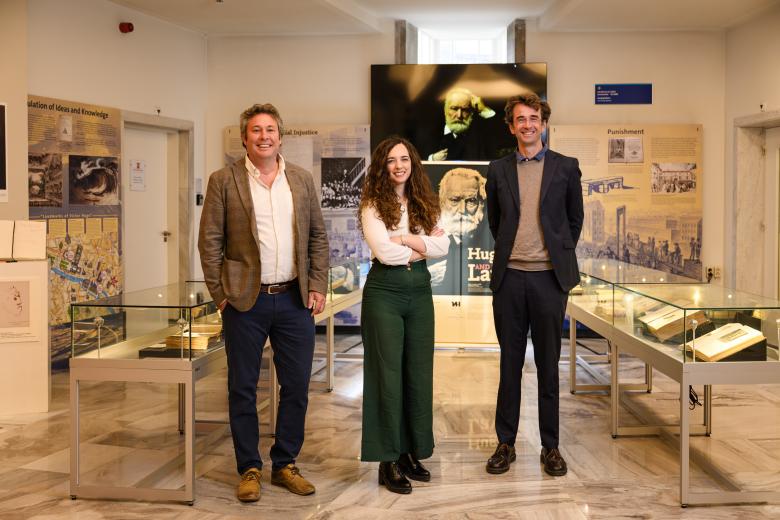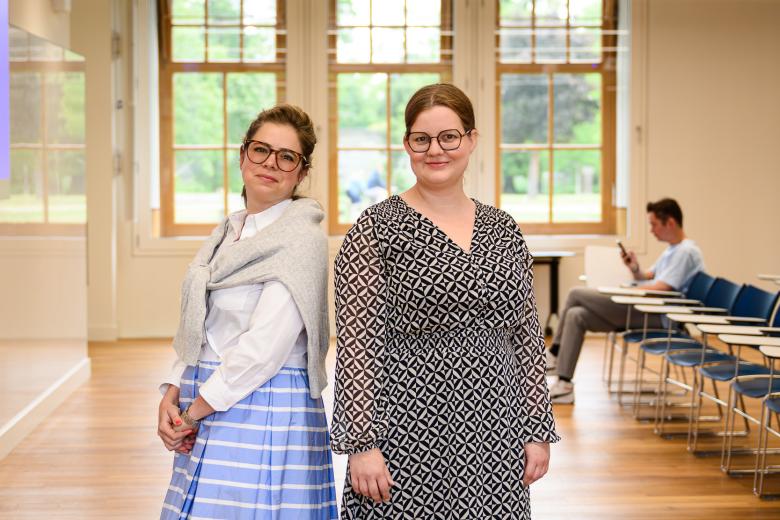Call for abstracts: Challenges to Genocide Research
In collaboration with the Institute for International Law of Peace and Armed Conflict of Ruhr-Universität Bochum, the Maastricht Centre for Human Rights is organising a workshop entitled 'Critique is a gift: A workshop on challenges to genocide research.' The organisers invite abstracts to be submitted by July 15th 2021.
Genocide research is an internationally recognised field of research. It is established through organisations, journals, research institutions, and degree programmes. These are very welcome developments. Simultaneously, this boom brings several challenges, mainly of methodological, epistemological, and theoretical nature.
There is for instance a lack of reflection on narrative logic and strategies for producing evidence. One example is the widespread combination of statement and reference. A reference to a study without critically discussing and classifying it is no proof of the statement's validity. The question is how facts, reasons, explanations, connections, conclusions, arguments are produced narratively.
Explaining phenomena as complex as genocides makes it is necessary to consider knowledge from many fields and disciplines. However, authors do not always succeed in sufficiently contextualising empirical and theoretical work from other disciplines. This concerns aspects such as epistemology, validity and reach, genesis, and critique. Consequently, such works are often presented in a simplified manner and contracted to such a degree that their meaning is distorted. This applies in particular to classical studies in various psychological disciplines. In addition, complex concepts like identity, action, social role, or practice are not always discussed with the appropriate theoretical rigor and knowledge.
There are many closely interwoven problems regarding methods and methodology. We for instance observe a lack of in-depth discussions regarding the use of translators (nor are they credited adequately for their work) and translations. This lack also can go hand in hand with a superficial familiarity with the region under study. Interpretations based on such material and knowledge are correspondingly shaky. Studies in the field also lack culture-sensitive methodologies, theories, and epistemologies. Examples are different ways to narratively construct the self (identity) or explain action and define groups. We furthermore observe a lack of transparency. Data is often insufficiently documented. Transcripts are generally not made available and there is a need for curated databases in which research material is systematically collected and made available to researchers. Lastly, many advanced empirical and theoretical approaches published in other languages than English are not known in the community. Therefore, ideas, initiatives, and funding are needed to circulate such knowledge.
Despite the fact that these and other challenges affect the core of our research they do receive relatively little attention. Moreover, the scholarly contributions that do touch upon these challenges remain scattered across journals, books and blogs and a coherent effort seems to be lacking.
To address these issues an online workshop will be organized on September 30th 2021 by Christian Gudehus of the Institute for International Law of Peace and Armed Conflict of Ruhr-Universität Bochum and Roland Moerland of the Maastricht Centre for Human Rights of Maastricht University. We invite colleagues to contribute to the workshop and we welcome submissions on the abovementioned, but also other relevant challenges in genocide research. Abstracts should be no more than 600 words long and include a presentation title as well as 3–5 keywords, and a short bio.
Abstracts can be submitted via email to christian.gudehus@rub.de & roland.moerland@maastrichtuniversity.nl before July 15th, 2021.
The contributions to the workshop will be published in an edited volume.
Relevant links
The full call for abstracts can be found here.
Also read
-
Inaugural lecture Jan Willem van Prooijen
What drives people to embrace radical conspiracy theories, sometimes with far-reaching consequences for society? During his inaugural lecture on Friday 27 June, Prof. Dr. Jan Willem van Prooijen (radicalisation, extremism, and conspiracy thinking) will address this urgent question.

-
Where Law Meets Pop Culture: A Creative Space for Exploration
From hip-hop to Victor Hugo, and historical fiction to classic cinema: What do these things have in common with the study of law, you might think? At Maastricht University’s Faculty of Law, a growing group of researchers and students is exploring exactly that and even more.

-
Innovative Education in Personal and Family Law
Thanks to the SURF Incentive Scheme for Open and Online Education (still available at the time), Gwen Noteborn (university lecturer in personal and family law at Maastricht University), Claudia Hocks and Janneke Hendrix (lecturers in law at Zuyd University of Applied Sciences) were able to get...
